Having a Bosch dishwasher not draining can be a frustrating experience. Not only is it inconvenient and time-consuming to clean up the water, but it also poses a health hazard if left unchecked. Fortunately, with the right know-how and tools, you can easily fix this issue on your own. In this article we will discuss how to troubleshoot and resolve common causes of Bosch dishwasher not draining issues so that you can get back to enjoying spotless dishes in no time!
How To Drain A Bosch Dishwasher
The first step to troubleshooting a Bosch dishwasher not draining is to identify the cause. This can be done by inspecting the drain hose, water inlet valve, and pump motor for any signs of damage or blockages. If any of these components are blocked or damaged, you will need to replace them before attempting to fix the not draining issue.
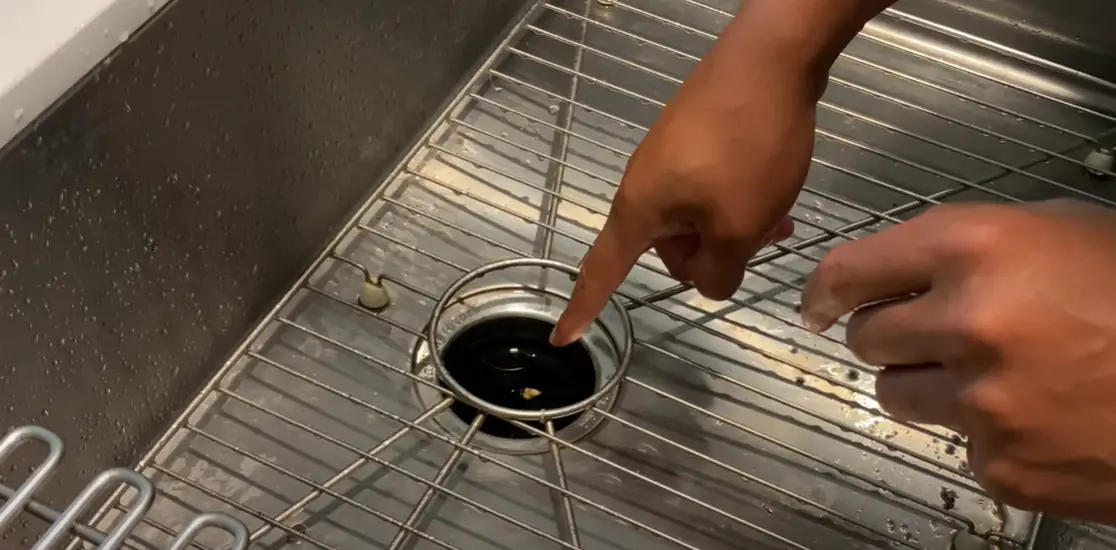
Once you have identified and replaced any damaged or blocked components, the next step is to inspect the drain hose for kinks or debris. If there are any kinks in the hose, use a pair of pliers to straighten them out and make sure there isn’t any debris built up in the hose. If you have checked all of these components and still have not been able to resolve the issue, it is time to check the pump motor.
The pump motor is responsible for pushing water through the drain hose. If this component is blocked or damaged, it can prevent your dishwasher from draining correctly. To test the pump motor, unplug the dishwasher and remove the drain hose from the motor. If there is any debris or buildup in the pump motor, clean it out using a damp cloth to ensure proper drainage. Once this is done, reattach the drain hose and plug your dishwasher back in to test if it drains correctly. [1]
Obstructed Dishwasher Drain Hose
For a Bosch dishwasher to perform its best, it’s important that the drain hose is unblocked and working properly. When obstructions block water from exiting the hose, it can cause your dishwasher to not function as expected – luckily this issue is easily fixable by restoring proper flow in the drain.
Follow These Guidelines To Remove A Bosch Dishwasher Drain Hose Obstruction
The most common cause of a Bosch dishwasher not draining is an obstruction in the drain hose. To remove this, you’ll need to follow these steps:
- Unplug your Bosch dishwasher from the power source. To ensure complete safety, be sure to either switch off the circuit breaker or disconnect it from its wall outlet.
- Locate the drain hose. It is typically located near the back of the dishwasher, near the pump and motor assembly.
- Remove any clogs in the drain hose using a pair of needle-nose pliers or tweezers. You may also want to use an old toothbrush to remove any stubborn debris. Ensure that all food remnants and other obstructions are eliminated from the drain hose to prevent clogging.
- After all obstructions have been removed, replace the drain hose and reconnect it to the pump and motor assembly.
- Plug your Bosch dishwasher back into the power source, then turn on the circuit breaker or plug it into the wall outlet. Test the dishwasher to make sure it drains properly.
Bosch Dishwasher Filter Requires Cleaning
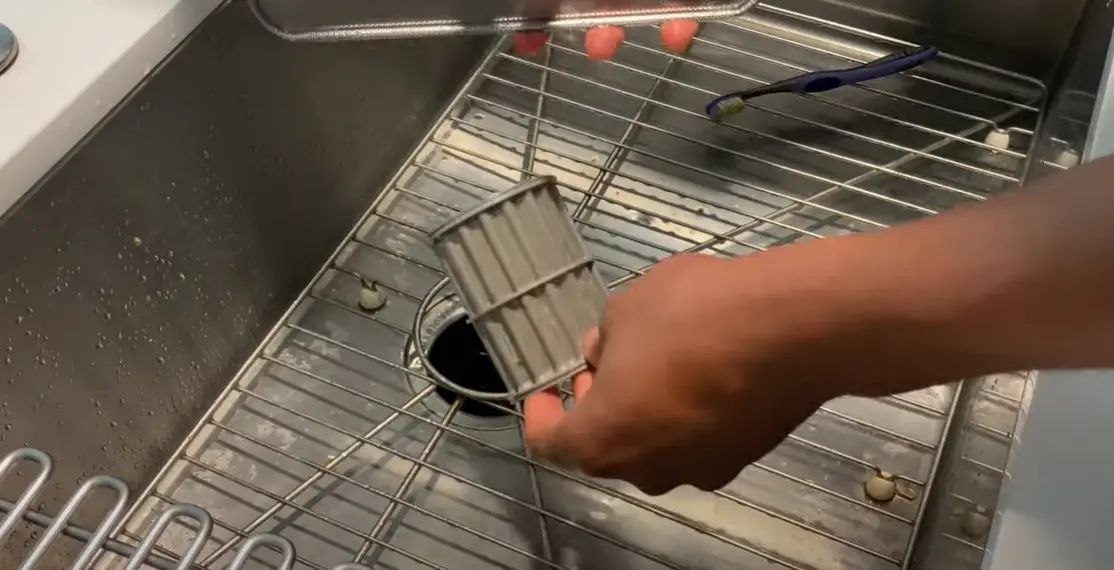
In order to return your Bosch dishwasher to optimal performance, make sure you clean the filter if it is not draining as expected.
The filter is located in the bottom of the dishwasher and is responsible for catching food particles that could clog up the drain line. To refresh the filter, start by unscrewing it with a flat-head screwdriver to remove it from your dishwasher. Once it is removed, rinse it off in a sink or bucket of warm water and use a soft brush to scrub away any debris that has built up over time. After cleaning the filter, re-install it into the dishwasher and run a cycle to see if the problem has been resolved. If not, there may be an issue with your drain line that requires additional attention. If you’re still struggling with the issue, it’s time to contact an appliance repair technician for additional help. [2]
Here’s How To Clean A Bosch Dishwasher Filter
If the Bosch dishwasher is not draining correctly, you can try cleaning the filter. The filter captures any remnants of food or debris that may have been left on your dishes and stops them from obstructing your drainage. Here’s what you need to do:
- Unplug your machine and remove the bottom kick plate.
- Locate the filter in the bottom of the dishwasher and remove it.
- Clean out any food particles or debris that may have gotten stuck inside the filter.
- Rinse off the filter with warm water, then reinstall it back into your machine.
- Put the kick plate back in place and plug the machine back in.
- Run a cycle to check if your Bosch dishwasher is now draining correctly. If not, you may need to contact an appliance repair specialist for further diagnosis and repairs. [3]
Bosch Dishwasher Drain Pump Failure
If your Bosch dishwasher is struggling to drain, there are various root causes that should be explored. A frequent issue experienced is the malfunctioning of drain pumps. If this occurs, you may hear a humming sound when the dishwasher is operating but no water will flow out. To fix this, remove the lower access panel to access the pump. If it has failed, you should replace it. [4]
Check Air Gap And Garbage Disposal
To ensure a Bosch dishwasher is working optimally and draining quickly, a few simple steps can be taken. Firstly, check the air gap at the top of your sink – if this area becomes blocked it won’t allow dirty water to flow away correctly. Unclogging any debris here will help keep your machine in great condition. To unclog it, unscrew the cap, remove the rubber gasket, clean out the filter, and reinsert the cap. The garbage disposal also needs to be checked for clogs. Remove any large pieces of food that may have accumulated in it and run a few cups of cold water through it to ensure everything is cleared away. If these steps do not work, a professional plumber may be needed.
How To Prevent Bosch Dishwasher Clogs
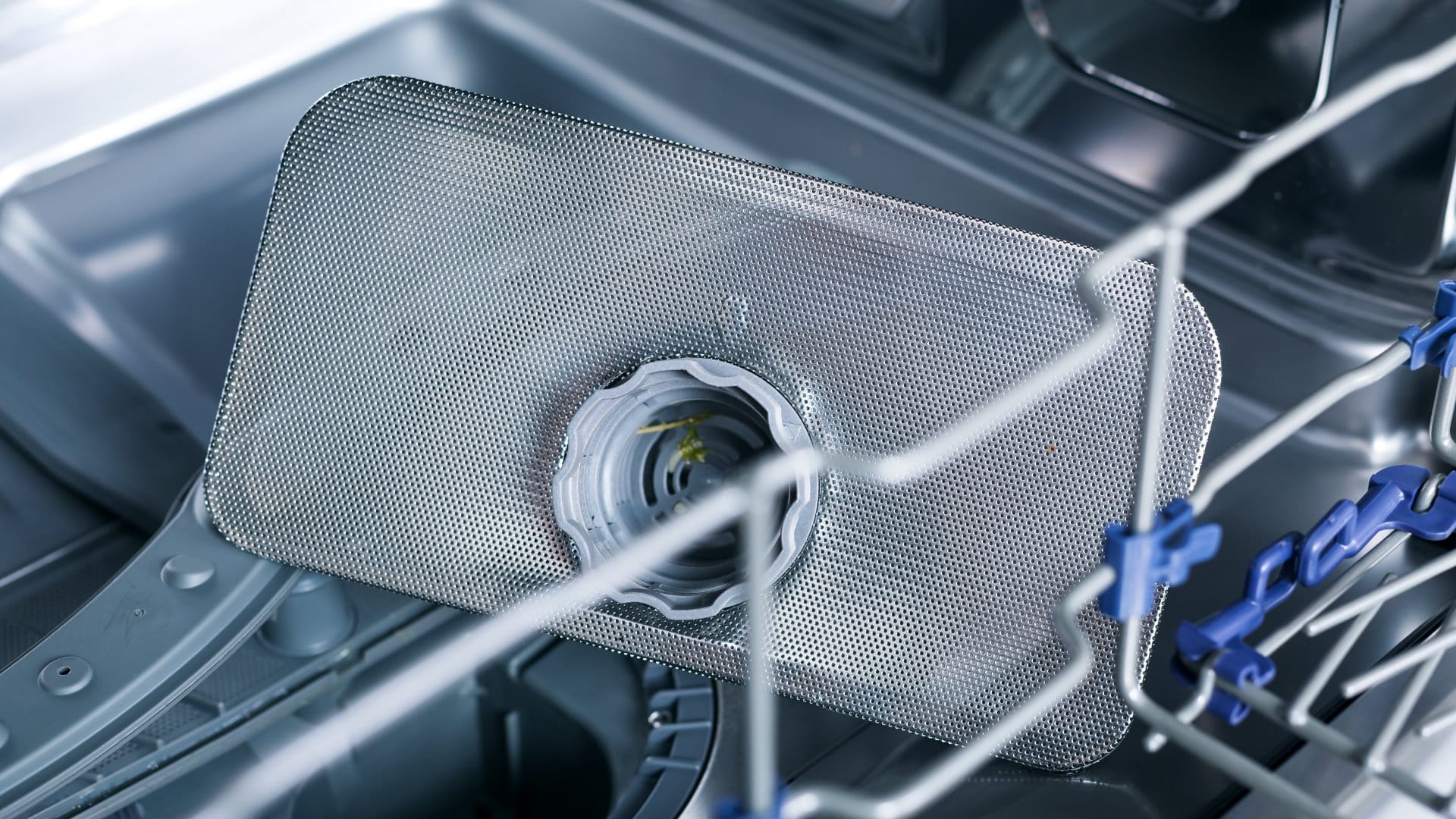
There are a few steps you can take to help prevent clogs in your Bosch dishwasher.
- Make sure all dishes, including utensils, pots and pans, etc., are free of food residue before washing.
- Clean the filter after each use by running it through the cycle with only liquid detergent.
- Use a dishwasher cleaner, such as Affresh®, to help keep your filter and dishwasher clean and free of build-up.
- Check the drain hose for any clogs or kinks that could impede water flow before running a cycle.
- Place larger dishes on the lower rack instead of the top, to help prevent blocking the spray arm.
- Make sure all dishes are securely loaded on the rack and not touching each other or the walls of the dishwasher.
- Don’t overload your dishwasher; too much in one cycle can lead to clogging issues.
- Rinse off food particles from dishes before placing them in the dishwasher.
- Use a rinse aid, such as Jet Dry, to help reduce spotting and improve drying performance.
- Regularly clean the gasket around the door of your Bosch dishwasher as food particles can accumulate here and cause clogs. [5]
Tips To Fixing Bosch Dishwasher Not Draining
- Clean out any clogs from the filters. Bosch dishwashers have two filters located at the bottom of them, one for food particles and one for detergent. Cleaning out these filters regularly will help prevent a drainage issue.
- Ensure your garbage disposal is functioning optimally. If the garbage disposal isn’t functioning, it can block water from draining away from the dishwasher.
- Check for any kinks in the drain line that could be preventing water from draining. These can be difficult to spot, so you might need a flashlight or mirror to help you find them.
- Check the drain pump for any damage or blockage. If the pump has been damaged, it will need to be replaced.
Make sure there aren’t any foreign objects blocking the drain hose. If there are, remove them and check for any other blockages. - Lower the drain hose so that it is below the water line in your sink or garbage disposal. This will help ensure that gravity can do its job of draining the water away from the dishwasher.
- Make sure the door latch on your Bosch dishwasher is completely closed. If not correctly positioned, the dishwasher’s draining capabilities will be compromised.
FAQ
Why is there water at the bottom of my Bosch dishwasher?
There could be several causes for water to accumulate at the bottom of your Bosch dishwasher. A usual factor of this problem is a congested drain hose, which can be brought on by food scraps and other substances obstructing the circulation of water. It may be possible that the dishwasher is not draining correctly due to an issue with the drain pump or a malfunctioning float switch. If you suspect this is the case, we recommend contacting a professional for assistance.
How can I force my dishwasher to drain?
If your Bosch dishwasher isn’t draining as it should, you can take the following steps to help get rid of standing water and restore proper function. To begin, examine the drain valve carefully. If the dishwasher isn’t draining, the valve could be clogged or blocked. Clean the valve with a small brush or vacuum, and make sure there is nothing blocking it. The next step is to check the hoses. Check the hoses for kinks or clogs, making sure that they are clear and that there is no blockage. If the hose is blocked, use a vacuum or small brush to clear it. If the drain valve and hoses are undamaged, then you may need to reset your dishwasher in order to get it working again. Unplug the dishwasher for five minutes and then plug it back in. The last step is to check the pump and impeller. If these appear to be blocked or clogged, use a vacuum cleaner or small brush to clear them.

What causes water to stand in the bottom of a dishwasher?
If your trusty Bosch dishwasher isn’t draining like it should, there are a few potential root causes to examine. A jam in the hose or pump could be blocking water from exiting – so make sure you check those first and clear any obstructions. Furthermore, it is likely that the blockage may be located in the check valve of your dishwasher’s drain hose. If this valve has been blocked, water will be unable to flow out from within and into the drainpipe. Ultimately, the motor or impeller in charge of pushing water out of the dishwasher might be damaged or not functioning as intended.
Why is my Bosch washer not draining?
Is your Bosch washer not draining like it should? Don’t worry – this is often caused by a simple issue that can easily be fixed! It could be due to poor water flow, blocked filters or even a drainage hose malfunction. To get back on track fast, the first step is finding out what’s causing the problem and then you’ll soon be enjoying spotless dishes again. Also, it’s important to note that different models of Bosch dishwashers may require slightly different solutions.
How do you reset a dishwasher drain?
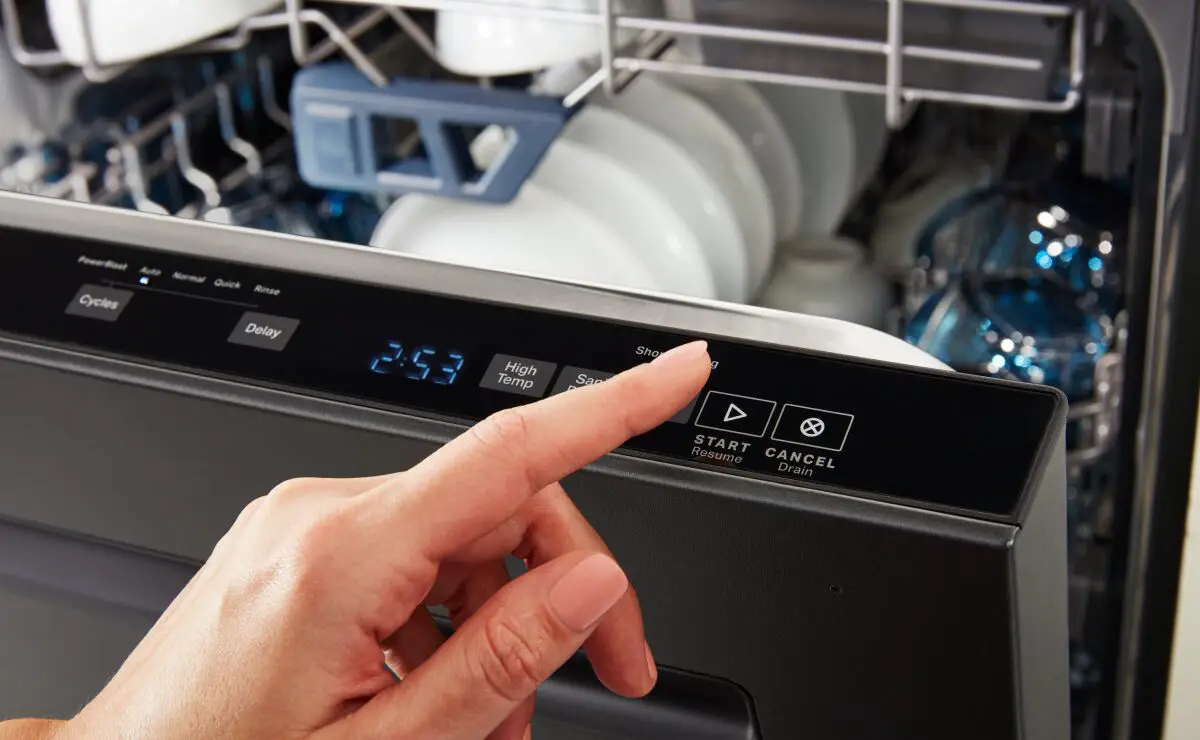
If your dishwasher is leaving you with a sinkful of water, resetting the drain may be the solution to restoring order in your kitchen. To begin, disconnect the power cord and turn off all water to the dishwasher. Then remove any debris such as food or detergent that could be clogging up the drain hose or pump. Once these items have been cleared away, you can reinstall the drain hose and reconnect the power cord. Despite this, if the water continues to accumulate in the dishwasher, you might need to reset its circuit breaker or purchase a new pump. Consult your owner’s manual for further instructions on how to do this.
Is it normal for water to stay in the bottom of the dishwasher?
An unhealthy amount of water lingering in your dishwasher could be a sign that something isn’t quite running as it should. With a quick check, you can ensure the drain hose and pump are free from blockages and working to their potential – no repairman required. However, if the dishwasher is overloaded and you’re running it on a light cycle, it’s normal for water to collect in the bottom. To avoid this from happening, run your dishwasher regularly with a heavy-duty cycle.
How do I test my Bosch dishwasher drain pump?
To get the dishwasher in peak condition, you’ll need to unplug it first. Once the power is off, easily identify and access the drain pump with a quick peek behind the lower panel. If the electrical connections appear to be in working order, take it a step further and use a multimeter for extra assurance. If there is no continuity detected, don’t fret! Simply replace the pump – however if you are unsure how to go about this safely and correctly then seek professional help from an experienced expert. To ensure smooth sailing for your dishwasher, the next step is to give it a quick drain cycle checkup. If all looks clear and clean, you’ll be ready to restore normal draining operation in no time.
Where is the drain pump on a Bosch dishwasher?
Beneath the lower spray arm of your trusted Bosch lies a dependable and robust drain pump-ready to tackle whatever mess you throw at it. Accessible when you open your machine’s door – it may require some troubleshooting if any blockage leads to inefficient draining of water. Also, the drain pump helps to filter food particles and other debris that can accumulate during a wash cycle.
Should I run my dishwasher if it has standing water?
Make sure to stay ahead of potential dishwasher woes! Ditch the standing water and prevent leaks, mold growth, or unpleasant odors. Take care of your machine for spotless dishes every time you run it. Over time, dishwashers can suffer from wear-and-tear if not properly maintained. To avoid damaging the delicate internal parts of your machine, be sure to address any standing water before running a cycle – this will ensure its longevity and help keep it running smoothly for longer.
Useful Video: Bosch Dishwasher Not Draining Properly – How to Fix
Conclusion
Ultimately, if your Bosch dishwasher is not draining correctly, you should look into the drain pump filter for any clogs and clear it out as needed. You may also need to inspect the drain hose for kinks or cracks, and make sure it’s securely connected to the sink. If the strategies outlined don’t work, you might need to consider replacing the drain pump or enlisting in professional assistance.
References
- https://aappliance.ca/blog/bosch-dishwasher-not-draining/
- https://www.assinc.com/blog/2021/06/01/bosch-dishwasher-not-draining-water/
- https://dengarden.com/appliances/Dishwasher-Wont-Drain
- https://readytodiy.com/bosch-dishwasher-not-draining-properly-0052/
- https://academy.fredsappliance.com/dishwasher-training/bosch-dishwasher-not-draining-how-to-fix-it/





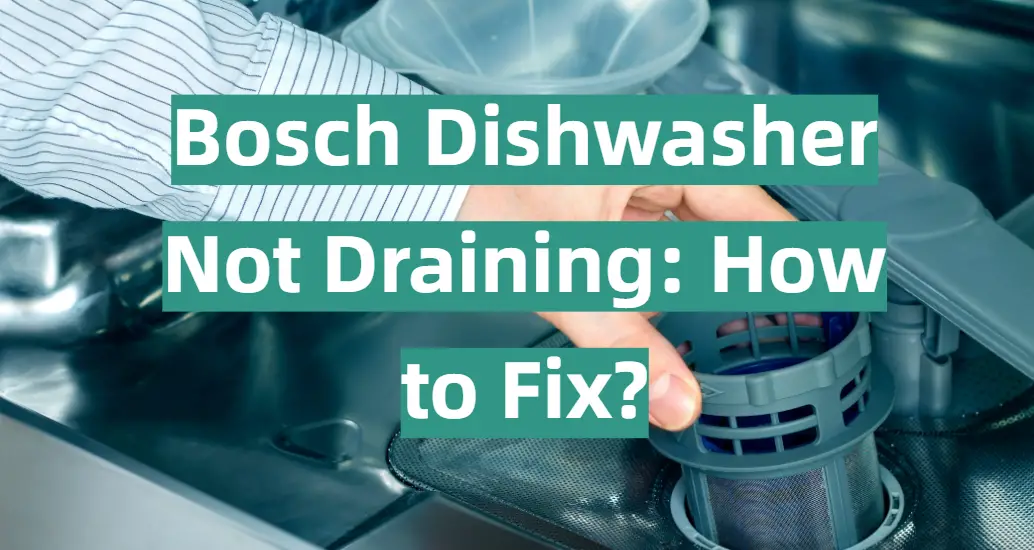





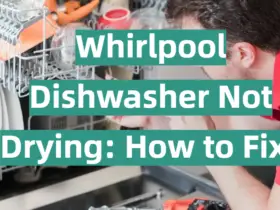
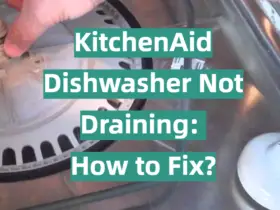
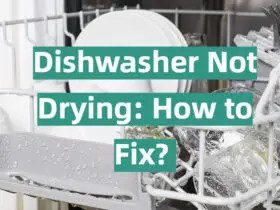
Leave a Reply